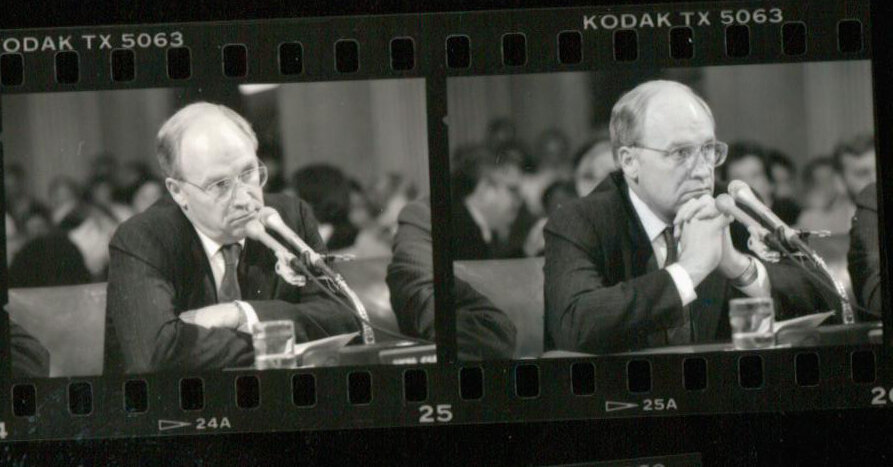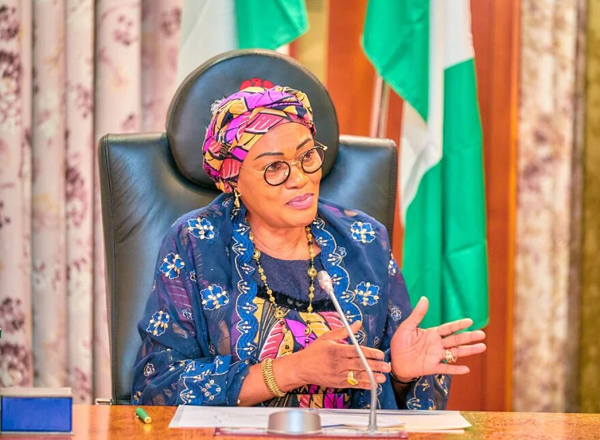Copyright The New York Times

Dick Cheney is now gone, but we will be living with his legacy for a long time to come. He wrote a playbook of how to exercise executive authority beyond constitutional boundaries and the rule of law. Donald Trump has added pages and is working on a sequel. It was Vice President Cheney, guiding his under-experienced boss, George W. Bush, who brought unitary executive theory into view. Operating out of a parallel executive office, staffed with people loyal to Mr. Cheney directly, he unleashed the war on terror, justifying brutal new tactics, an ill-conceived invasion and a system of mass domestic surveillance. He declared his priorities to be national emergencies, obviating the need to work within the structures of democratic power. He went after those — Colin Powell, Christine Todd Whitman, Paul O’Neill — who stood in his path. And he prioritized the bank accounts of the wealthy by supporting tax cuts in wartime against the strongest of warnings. Disastrous as those all actions were, Mr. Trump has undertaken even more significant expansions of power and illegality, often under even more dubious claims of emergency. Basically, it’s the war on terror model without the war. Mr. Cheney made it possible. The two men couldn’t have been more different in manner and method. Mr. Cheney favored careful planning with an eye to the long game. Mr. Trump insistently operates on instinct. Mr. Cheney, in the march to war, took pains to help cook up credible-seeming evidence. Mr. Trump has no need for evidence; whatever he posts on Truth Social is his new reality. Mr. Cheney, cynic though he was, honored the dictates of the electorate. Mr. Trump, of course, did so only when he won. After the Jan. 6 Capitol incursion, Mr. Cheney and his daughter, Liz, became fierce and vocal critics of Mr. Trump. Mr. Cheney felt so strongly about the danger of a second Trump term that he abandoned the party he had served his whole life and endorsed Kamala Harris instead. It was a remarkable development for a man who had always played his cards so close to his vest, always positioning himself as a silent power. By then, however, it was too late. The people he hoped to reach were suspicious of anyone who warned about presidential power or lectured about democratic norms. Mr. Cheney had done as much as anyone in history to undermine Americans’ trust in their institutions and leaders. including Mr. Cheney himself. A false case for war will do that. So will the worst financial crash in 80 years, whose consequences middle- and working-class Americans were left to suffer unblunted. Many of them went on to join Mr. Trump’s army of grievance and anger. The full story started decades earlier. Mr. Cheney was a White House aide under Richard Nixon, chief of staff for Gerald Ford, defense secretary under George H.W. Bush during the 1991 war in Iraq, and the most experienced man in the room in the months after the Sept. 11 attacks. Fresh off a briefing about Qaeda leaders looking for fissile materials to build a bomb, Mr. Cheney uttered what would come to be known as his 1 percent doctrine: If there’s a 1 percent chance of terrorists getting their hands on weapons of mass destruction, we need to treat it as a certainty. This low-probability absolutism became a guiding doctrine of U.S. foreign policy. It has cost blood and treasure in staggering amounts. Before the war started, Mr. Bush and Mr. Cheney were informed that Saddam Hussein did not in fact have weapons of mass destruction. They saw no reason to inform the public. Once Baghdad fell, what would it matter? For those who tried to tell the truth, the consequences were swift. When Ambassador Joseph Wilson undercut some of the administration’s justifications for going to war, Mr. Wilson’s wife was outed as an undercover C.I.A. officer. And when Mr. Cheney’s top aide, Lewis Libby, was convicted of perjury and obstruction of justice in relation to that outing, Mr. Cheney pressed the president to pardon him, barking, “You are leaving a good man wounded on the field of battle.” (Mr. Bush held his ground, but Mr. Trump has since obliged.) As Mr. Trump bombs boats that may or may not be transporting drugs, concocts a pretext to invade Venezuela, constructs loyalty tests and viciously punishes those who fail them and declares vague emergencies and wars to justify his own partisan political ends, he should pause to thank the man who showed America how it could be done. For all his belatedly discovered democratic principles, Mr. Cheney helped to create the world that Mr. Trump inhabits. The contempt he showed for any constraints on his power paved the way for the Mr. Trump and the contempt he now shows for everything but his own naked interest. Ron Suskind is the author of “The One Percent Doctrine,” about the Bush presidency and the Sept. 11 attacks, and “The Price of Loyalty: George W. Bush, the White House, and the Education of Paul O’Neill.” The Times is committed to publishing a diversity of letters to the editor. We’d like to hear what you think about this or any of our articles. Here are some tips. And here’s our email: letters@nytimes.com. Follow the New York Times Opinion section on Facebook, Instagram, TikTok, Bluesky, WhatsApp and Threads.



